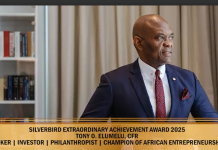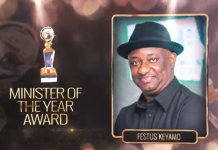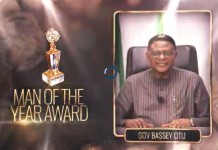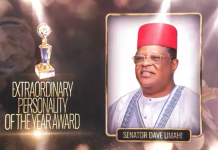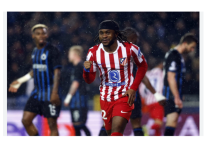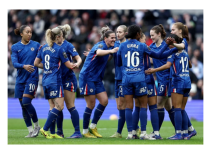Grammy-winning rapper, producer, and creative powerhouse Tyler, the Creator, is facing renewed criticism after several old social-media posts from his early career resurfaced online, reigniting a heated debate over his past views and public persona.
The controversial tweets—some dating back to 2012–2014—have reappeared through screenshots circulating on X (formerly Twitter) and Reddit, drawing backlash from both fans and cultural commentators.
Among the resurfaced posts is a tweet from February 2014 in which Tyler wrote: “I HATE BLACK HISTORY MONTH. WHY THE F** DO YOU HAVE TO SEPARATE N**S STILL. ‘OH, IT’S PAYING HOMAGE TO OUR HEROES’ F* THAT.”*
Another from January 2014 mocked “random Black dudes,” using offensive stereotypes about appearance and behaviour. The tone of the posts—once dismissed by fans as part of his shock-humour era—now reads differently in 2025’s more socially conscious climate.
Adding to the tension, Tyler recently “liked” a post criticising his largely white fanbase for allegedly consuming his art without connecting to its deeper cultural meaning, reigniting discussions about his complex relationship with race and audience identity.
Tyler, born Tyler Okonma, broke out as the rebellious frontman of the Odd Future collective in the late 2000s. His early work—Bastard (2009), Goblin (2011)—was defined by provocation, absurdist humour, and lyrical chaos.
Yet this isn’t the first time he’s been called out for insensitivity. In 2013, he directed a Mountain Dew ad that was pulled from broadcast for racial stereotyping—a goat lineup that critics called “one of the most racist commercials ever.”
Since then, Tyler’s artistry has transformed. Albums like Flower Boy (2017), IGOR (2019), and Call Me If You Get Lost (2021) have earned him Grammys and critical respect for exploring identity, love, and vulnerability. His latest project, CHROMAKOPIA, cements his evolution from shock rapper to multidimensional auteur.
Still, critics argue that growth must come with accountability.
The resurfaced posts have reignited three overlapping debates:
Legacy vs. Accountability: How should artists be judged for words written years before their creative maturity?
Race & Fanbase: Can a Black artist with a mostly white audience safely challenge racial discourse without backlash?
Digital Permanence: In the age of screenshots, can anyone truly escape their past?
So far, Tyler has not publicly addressed the resurfaced tweets. While he has previously acknowledged other controversial posts—like his early comments about Selena Gomez—he tends to frame those moments as youthful provocation rather than malice.
Past interviews show him reflecting on growth, but rarely offering explicit apologies. As one BET segment noted, “Tyler prefers to let his art speak for his evolution.”
As public pressure mounts, fans and critics are watching to see whether Tyler will issue a statement, ignore the backlash, or address it through his music.
Streaming platforms and collaborators have not commented, though industry watchers suggest that in today’s climate, silence can carry its own risks.
The controversy surrounding Tyler, the Creator isn’t just about old tweets—it’s about how far an artist can evolve before their past comes calling. His next move could determine whether this moment fades quietly or reshapes the narrative around one of hip-hop’s most inventive voices.

